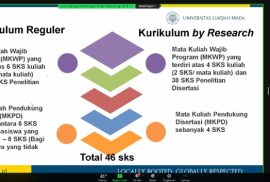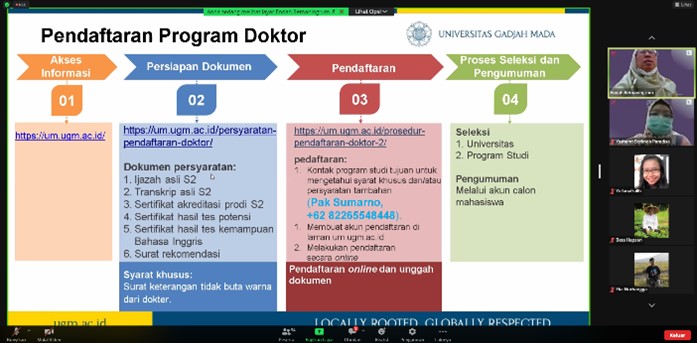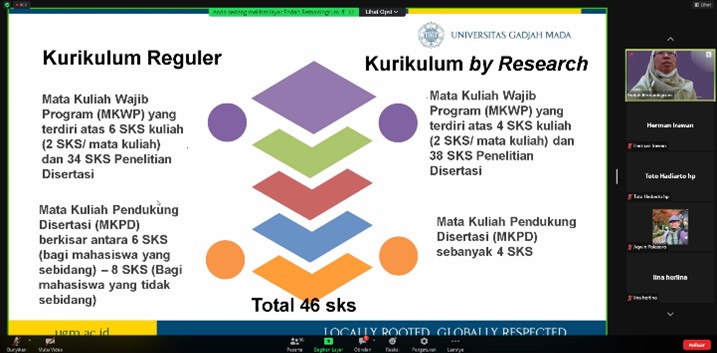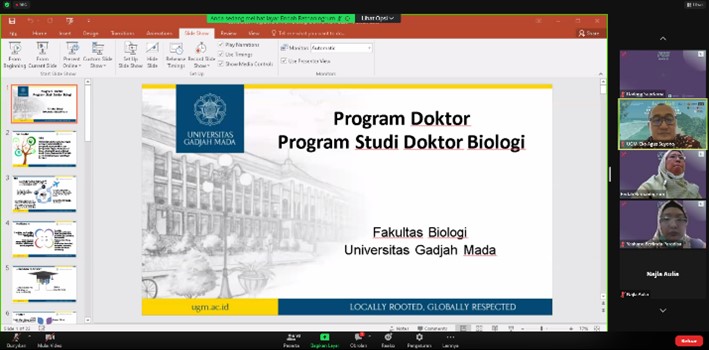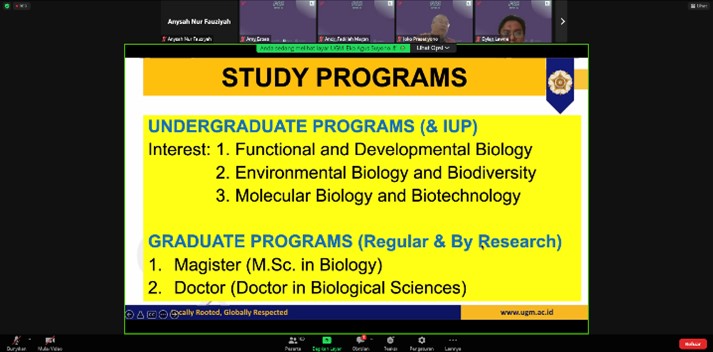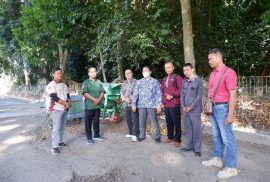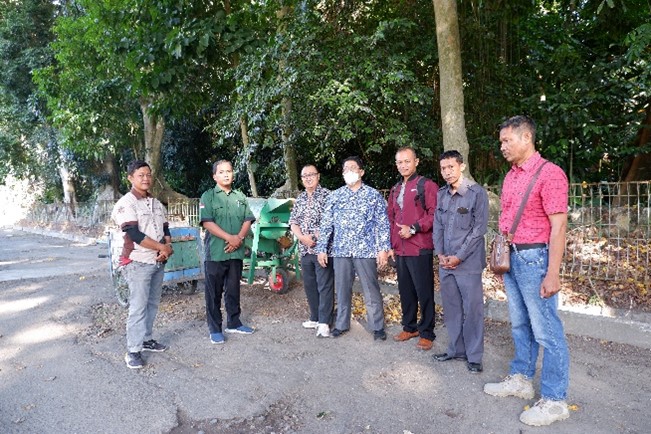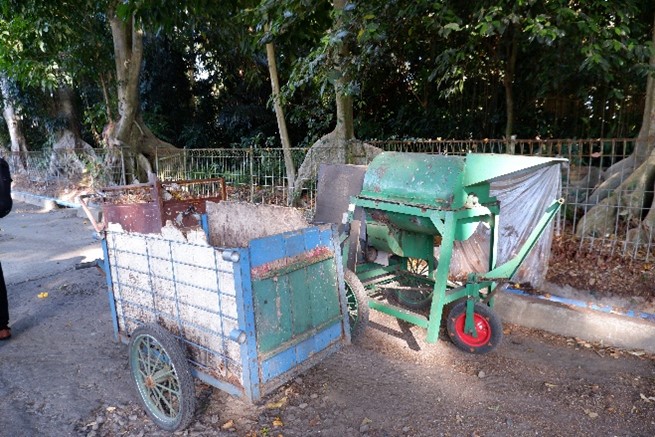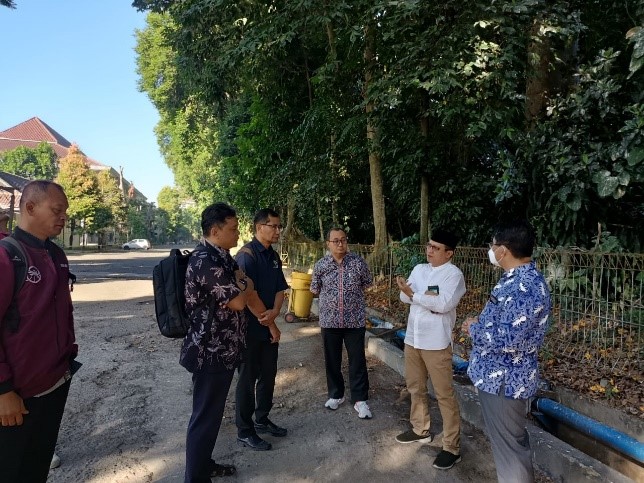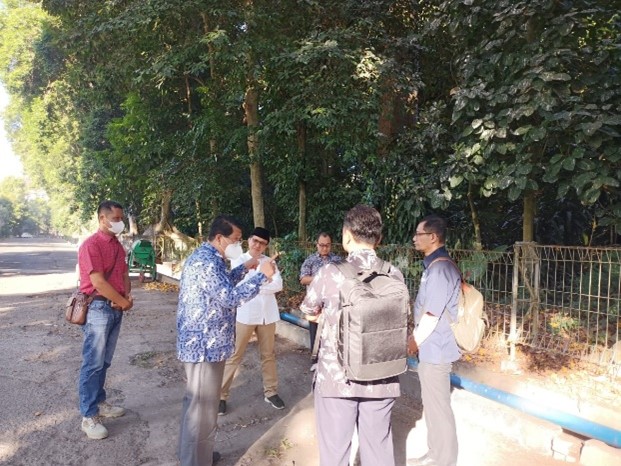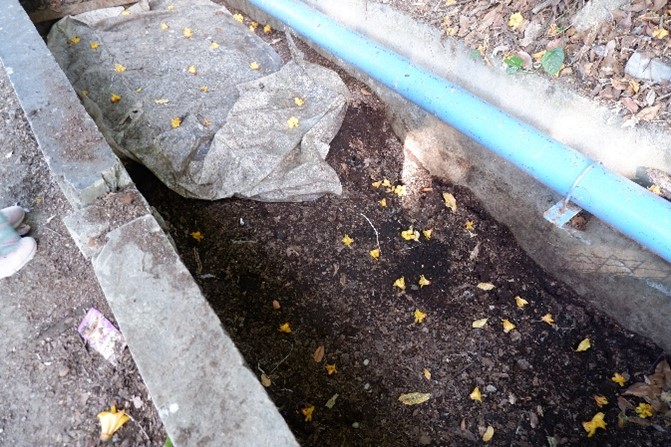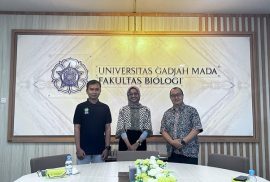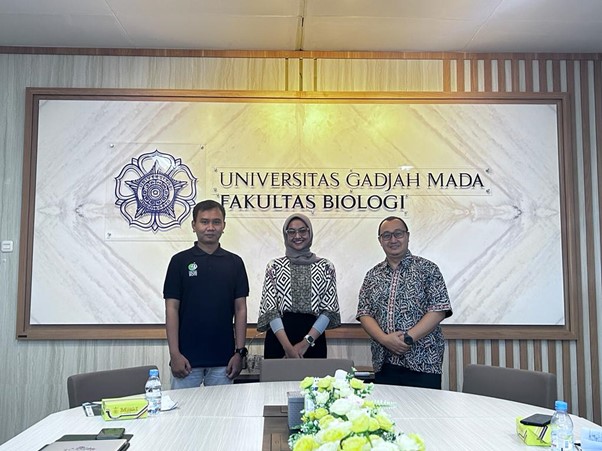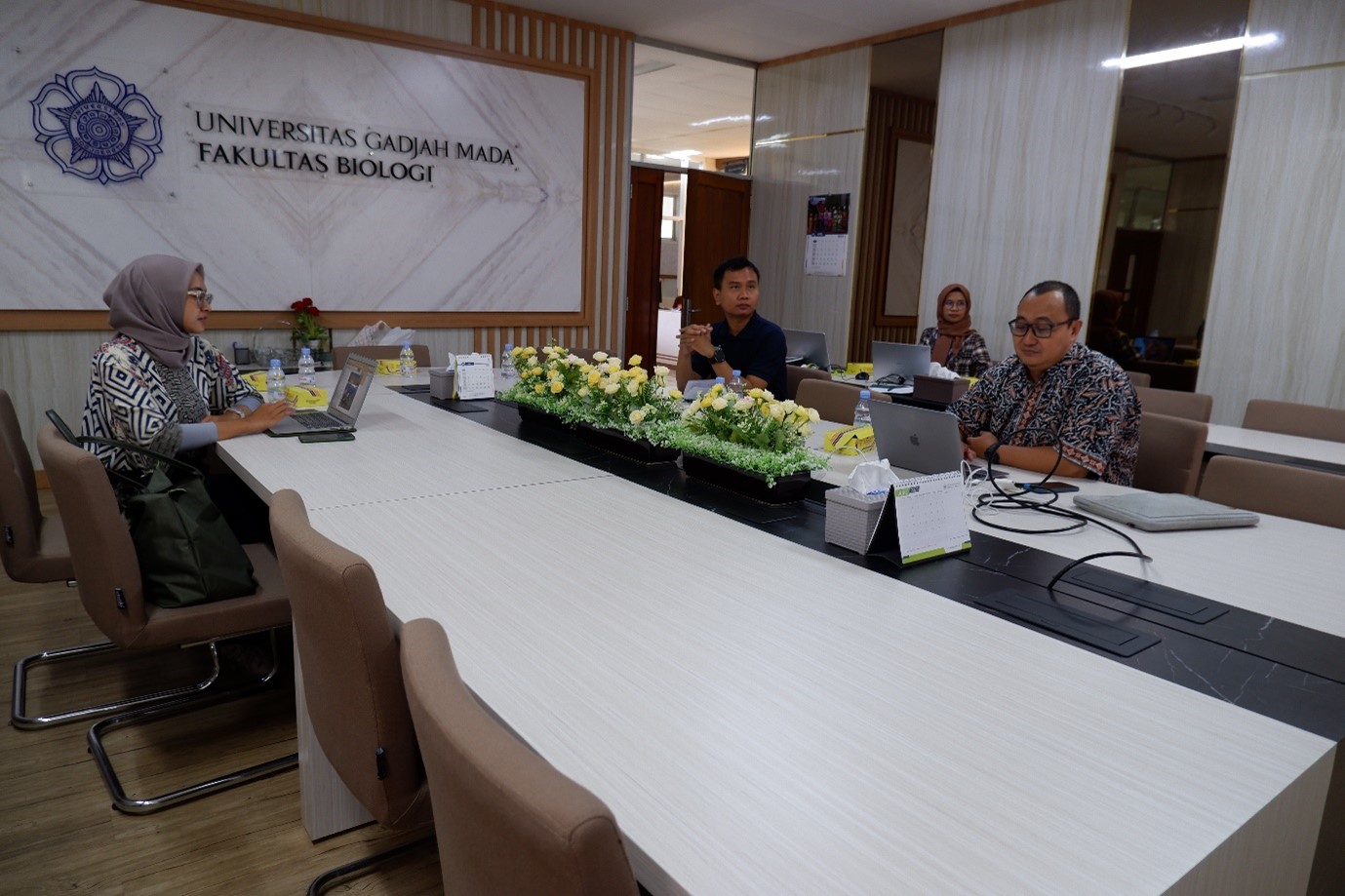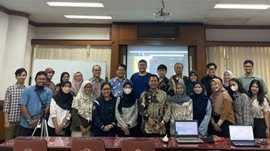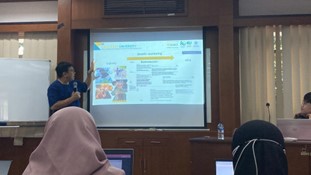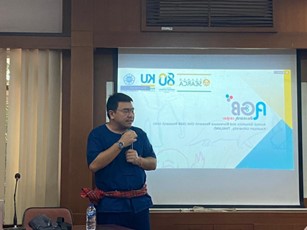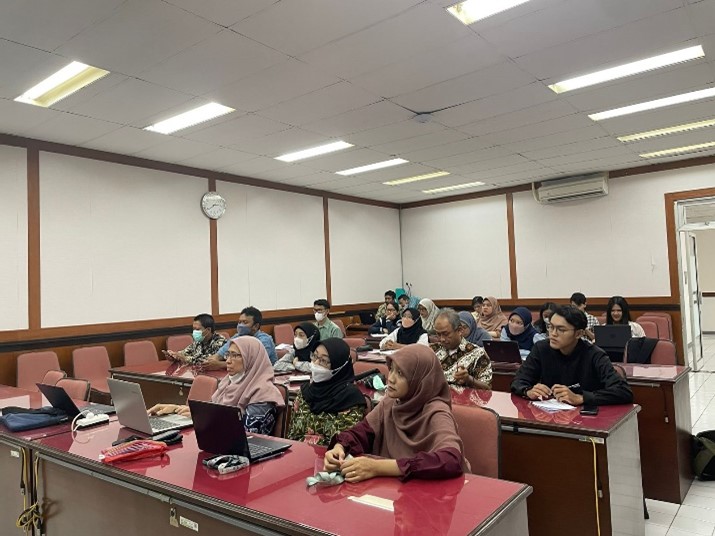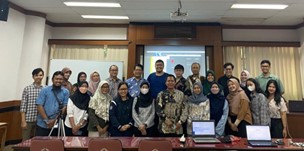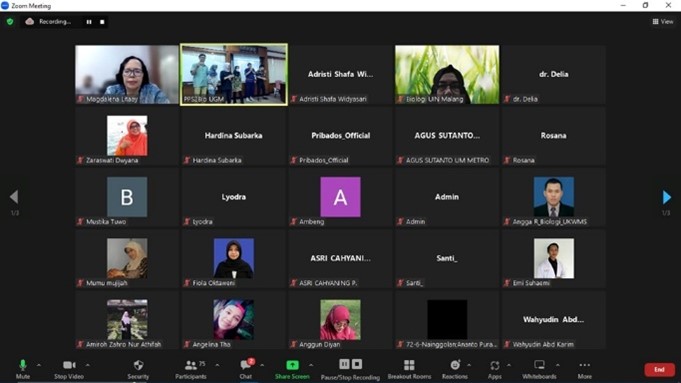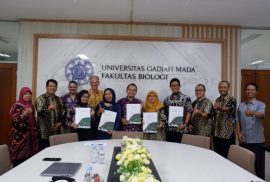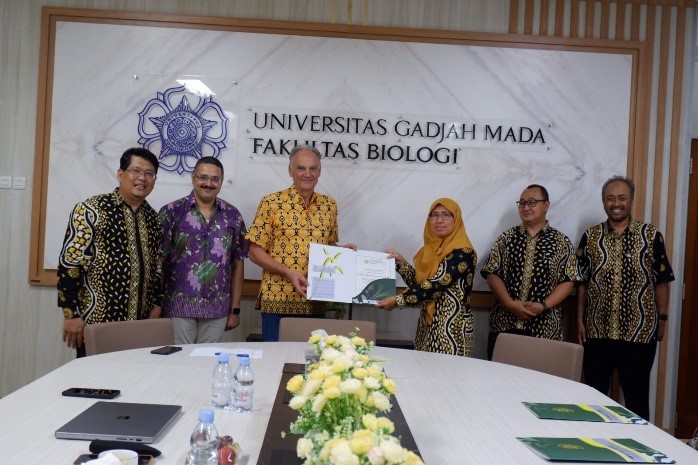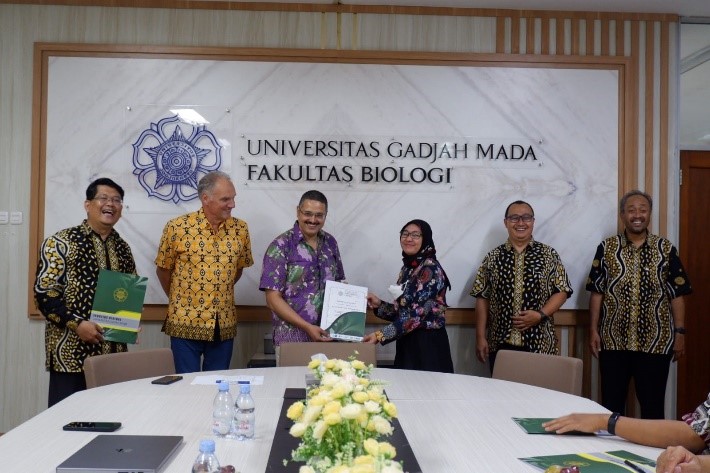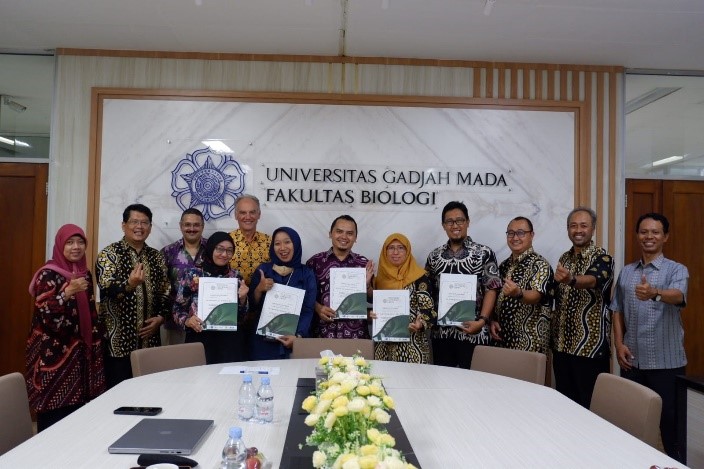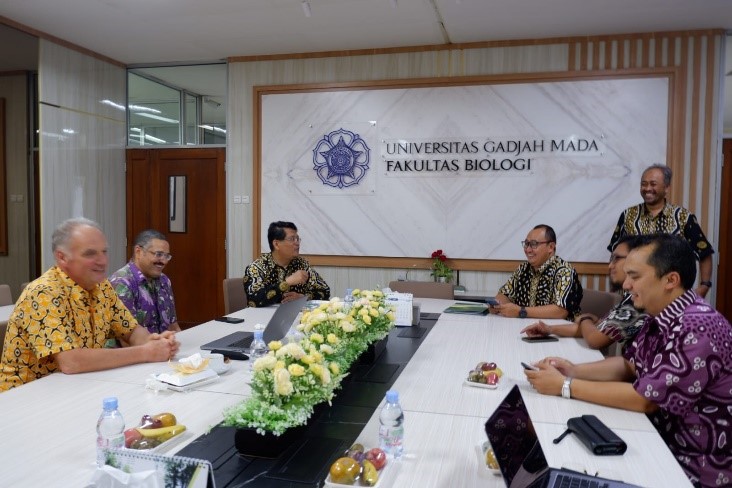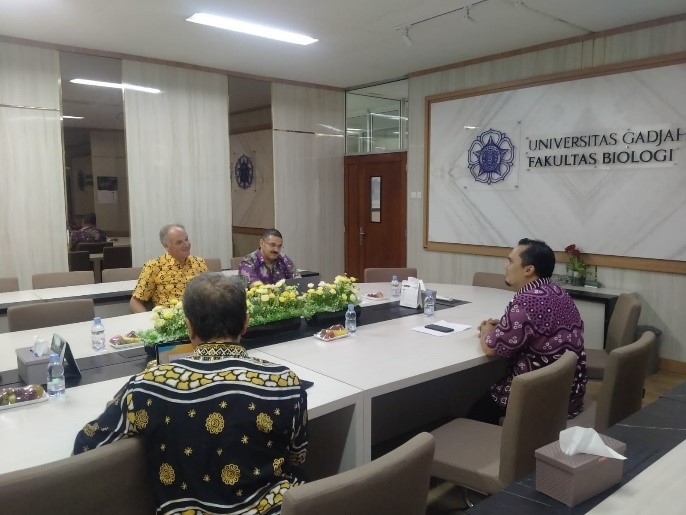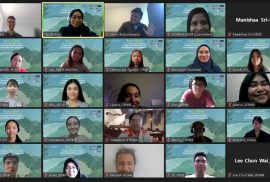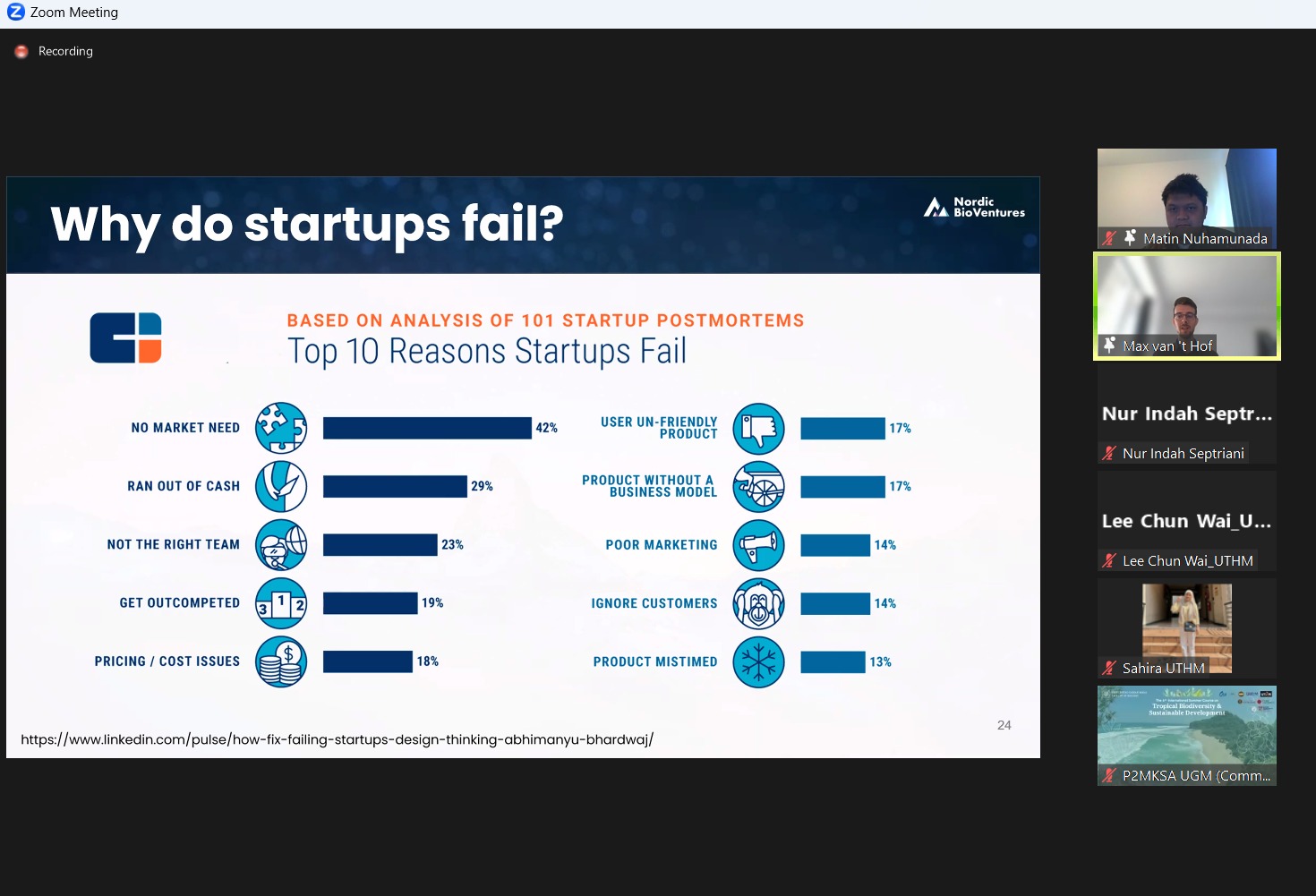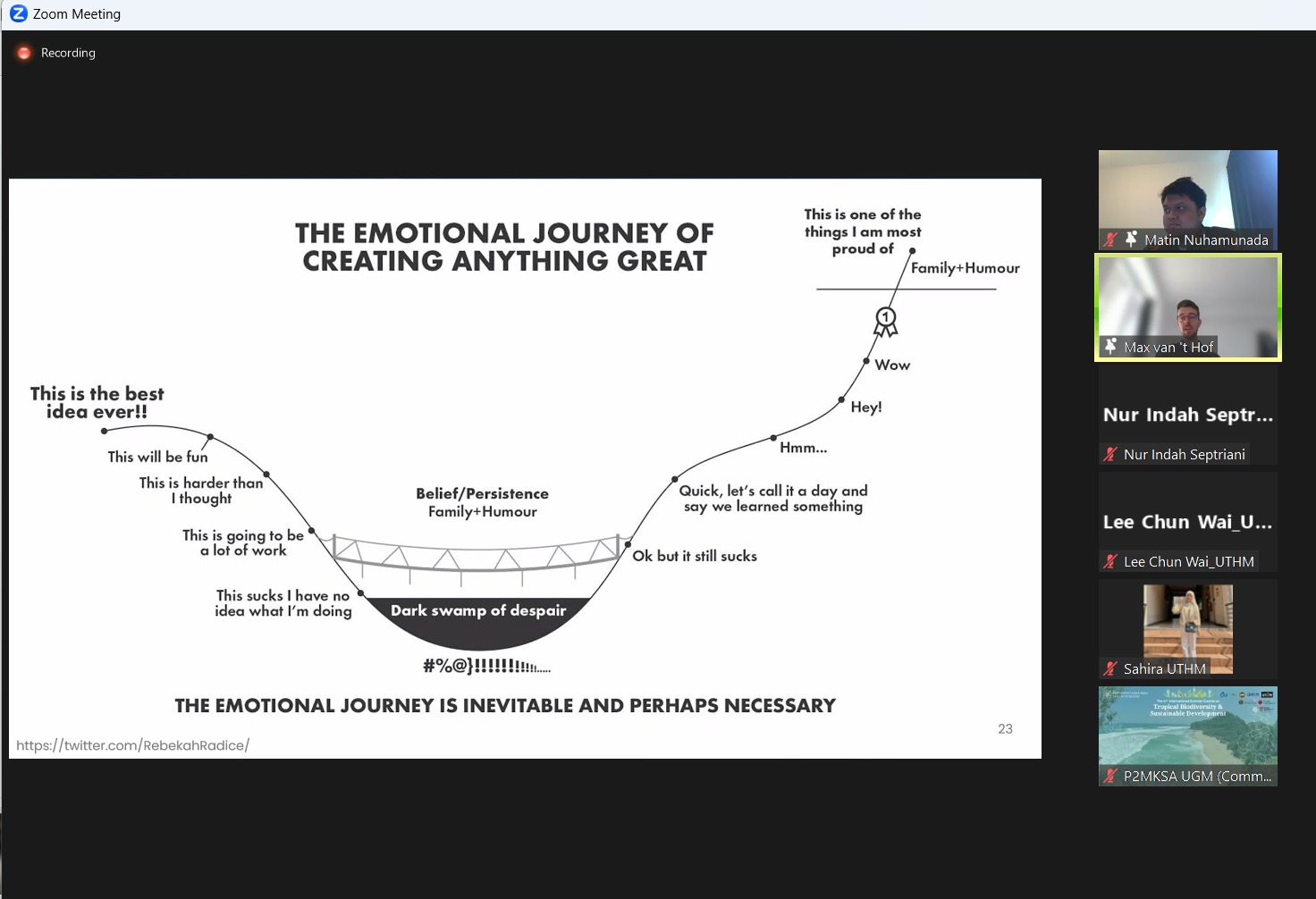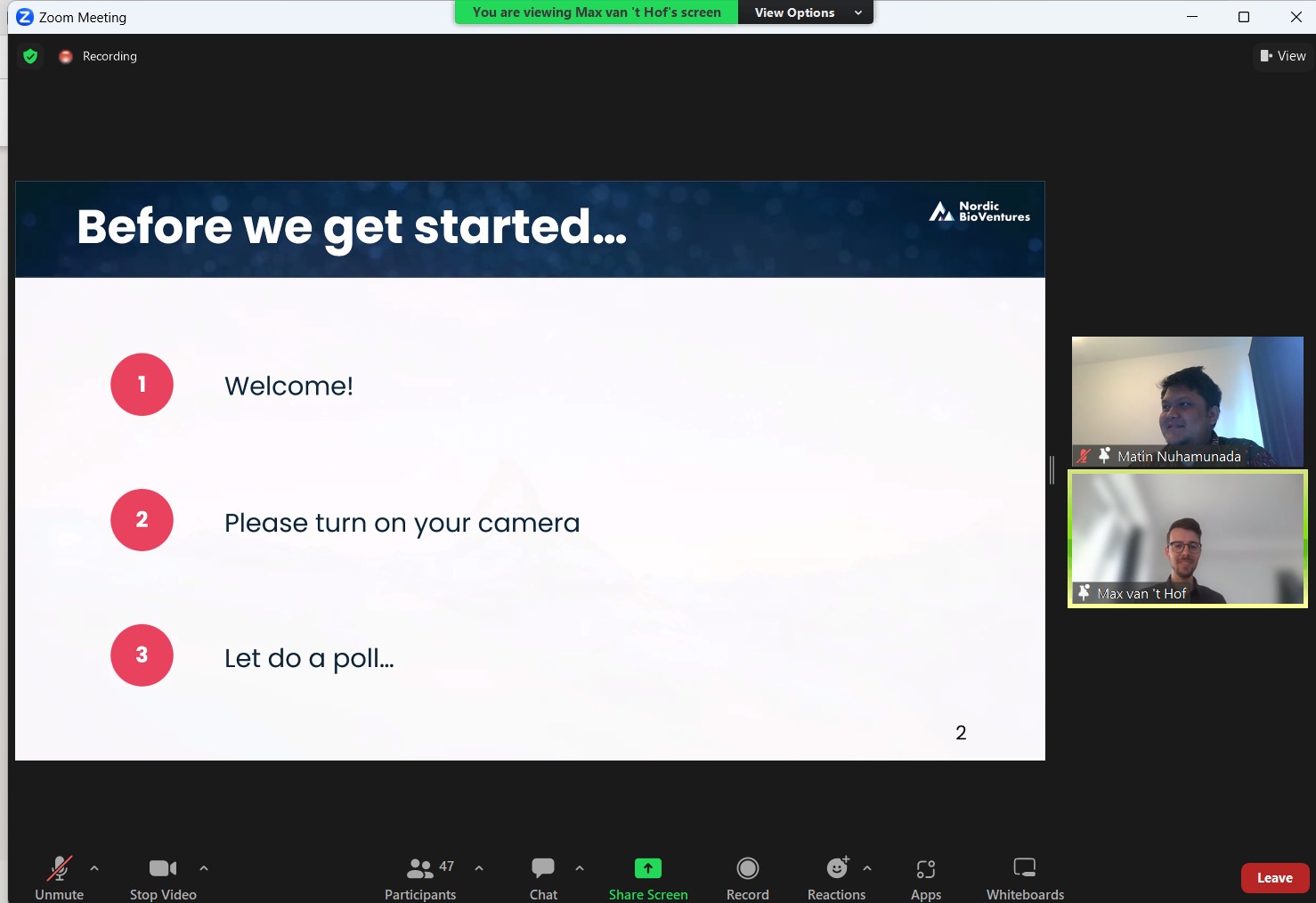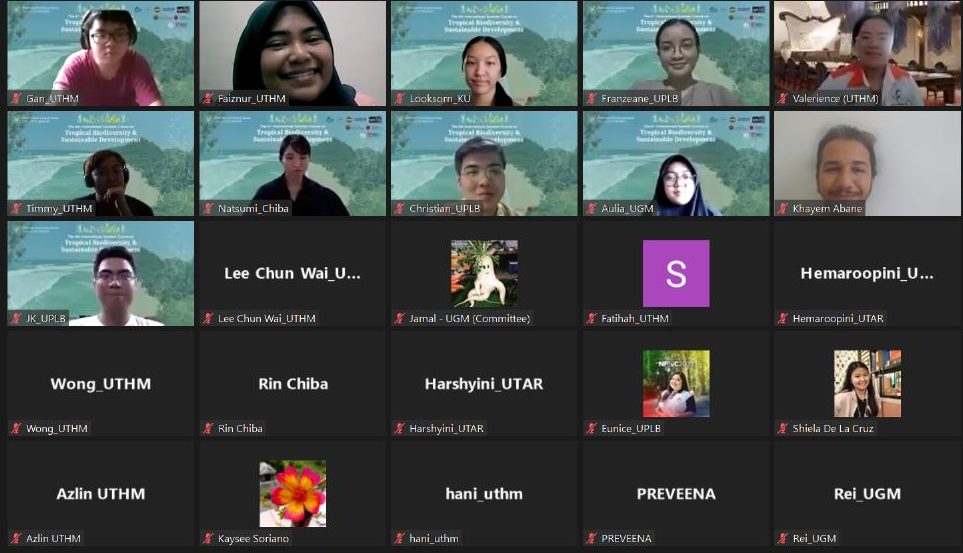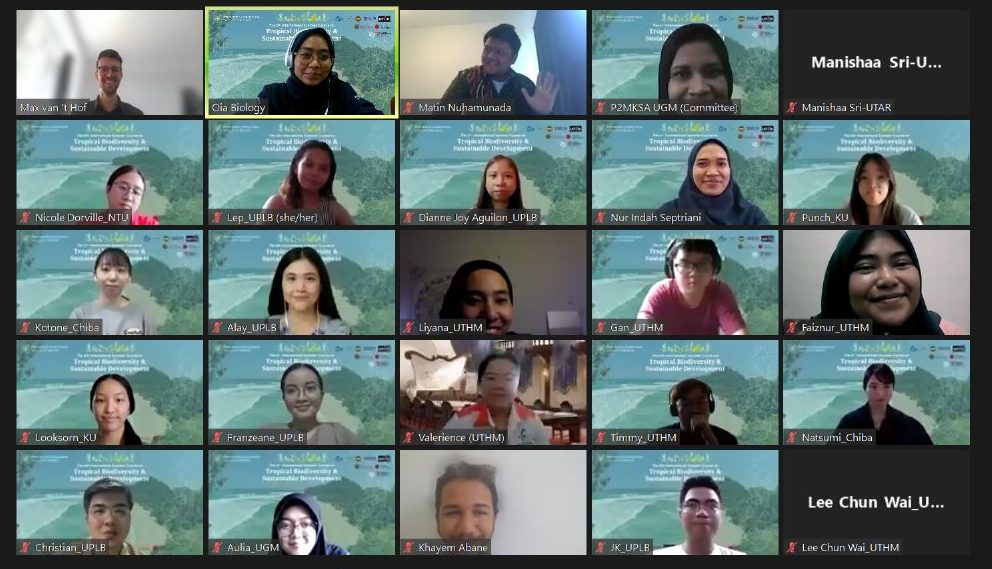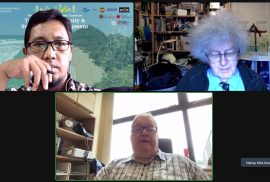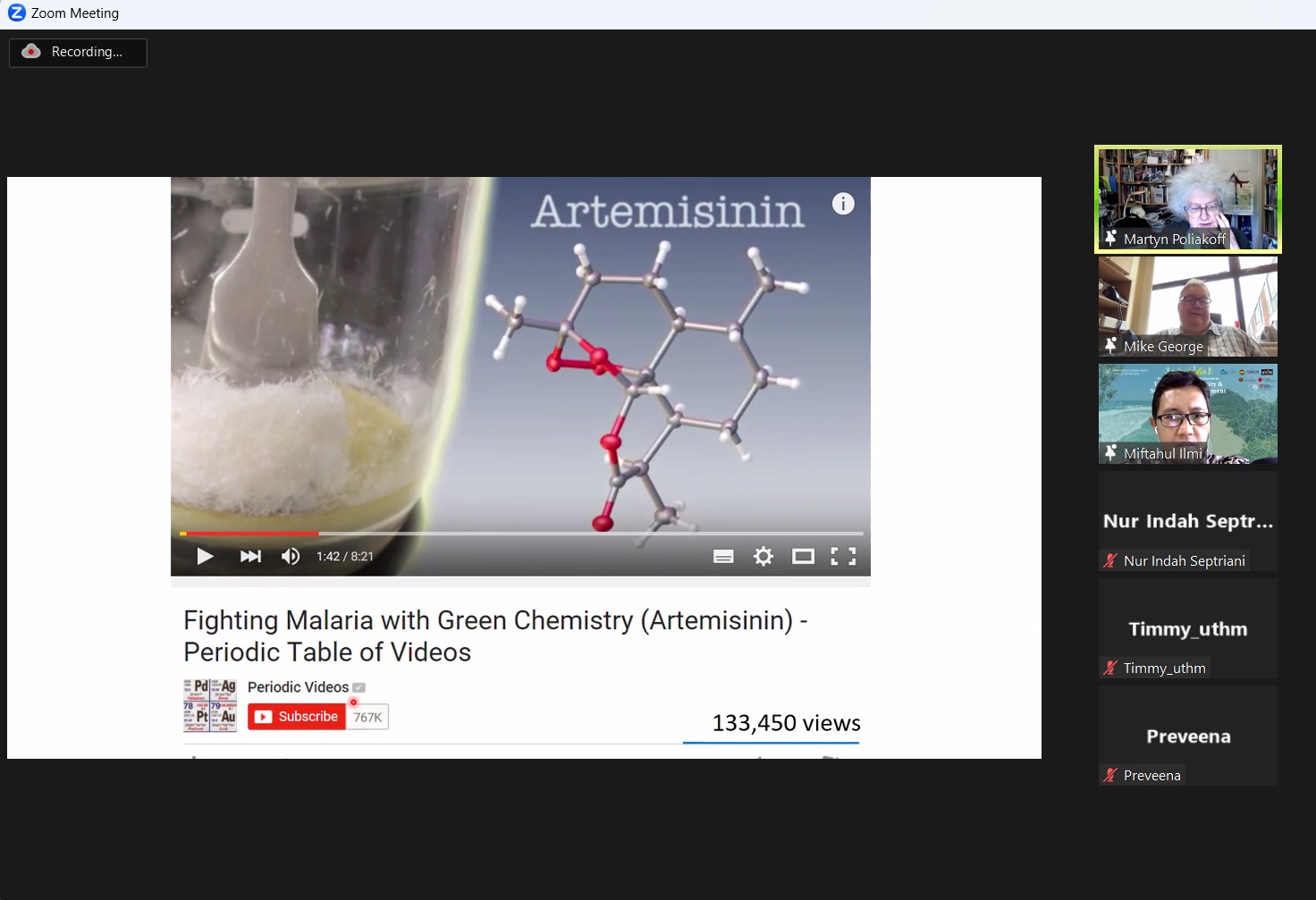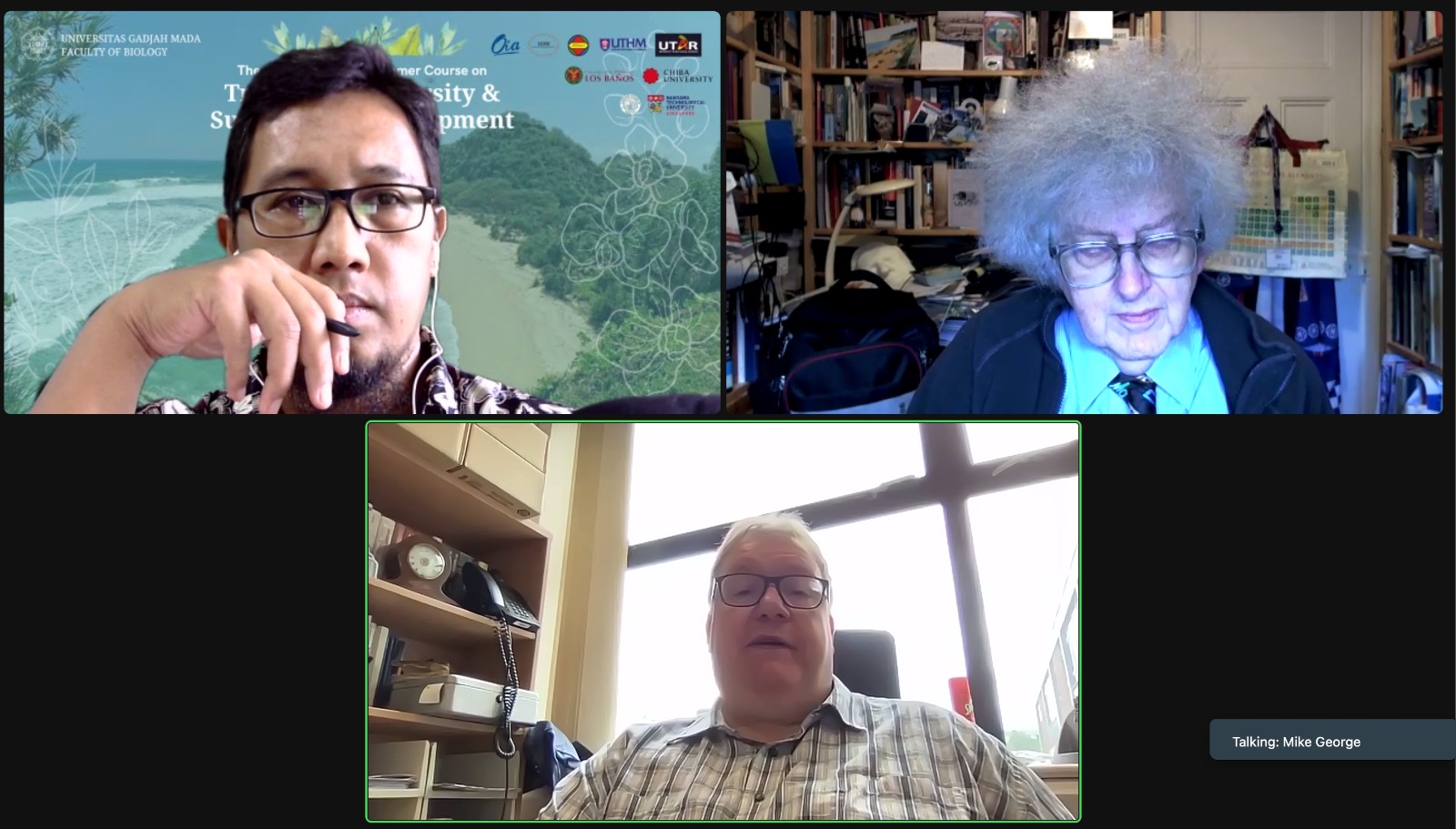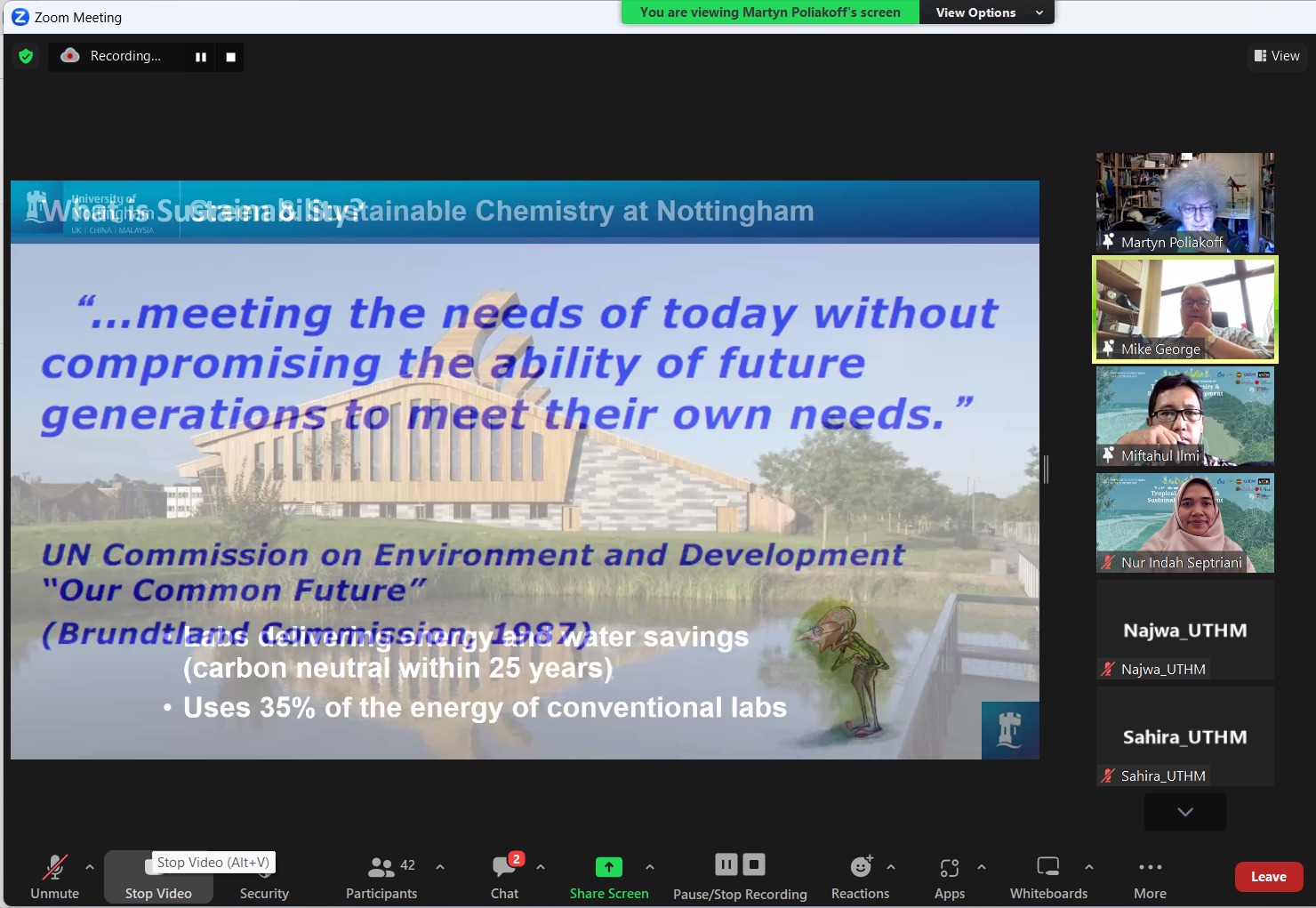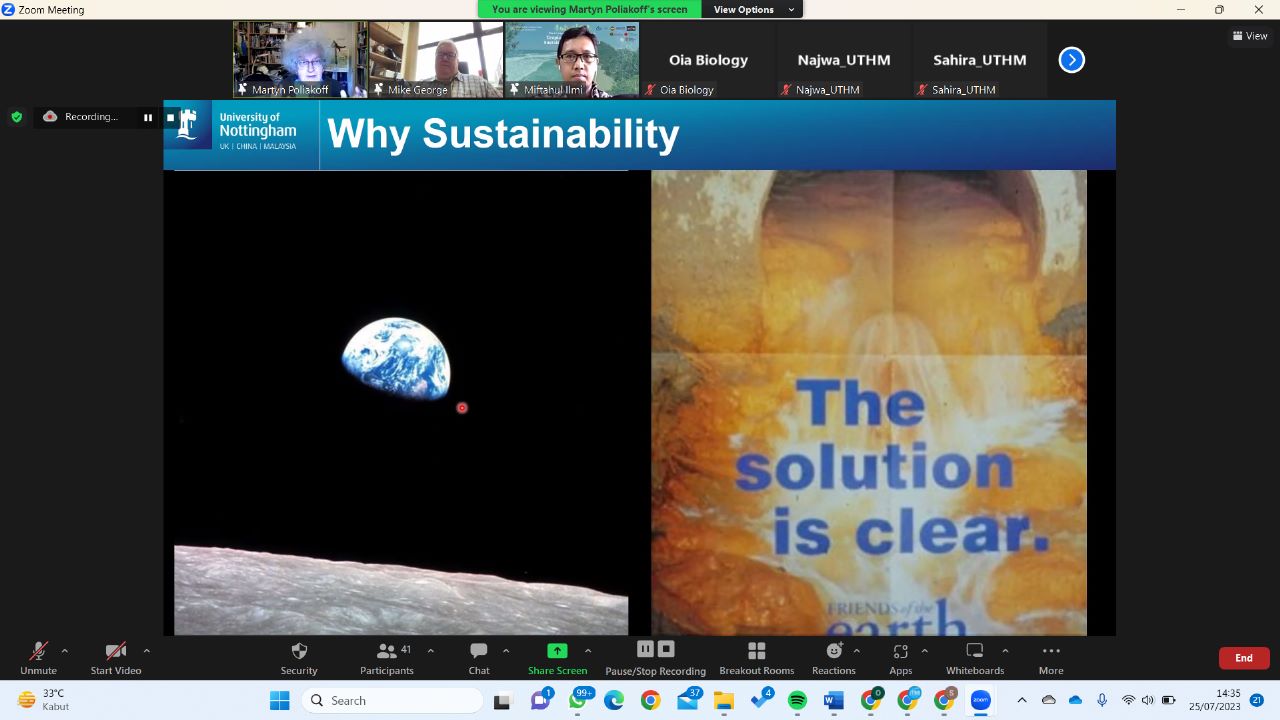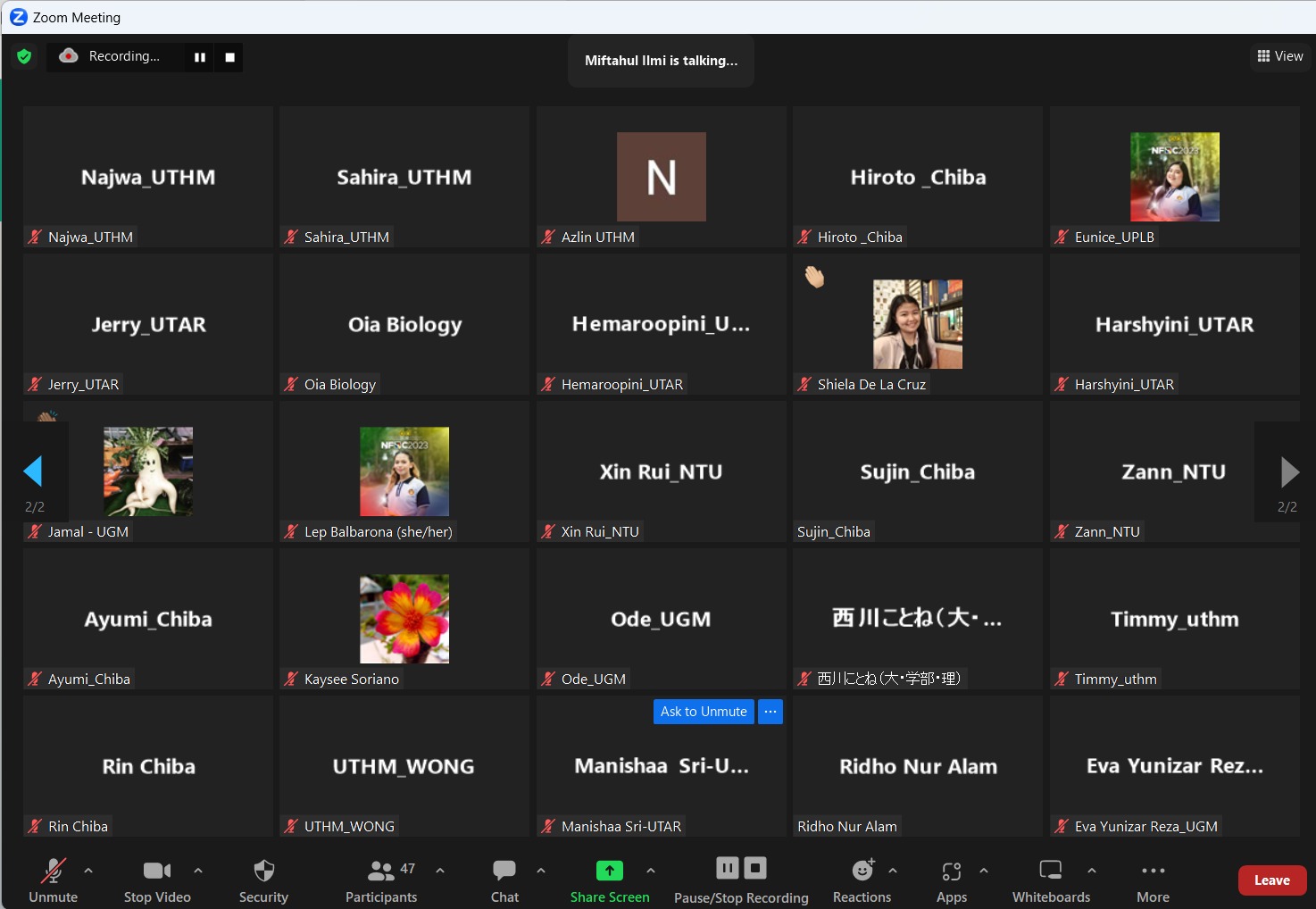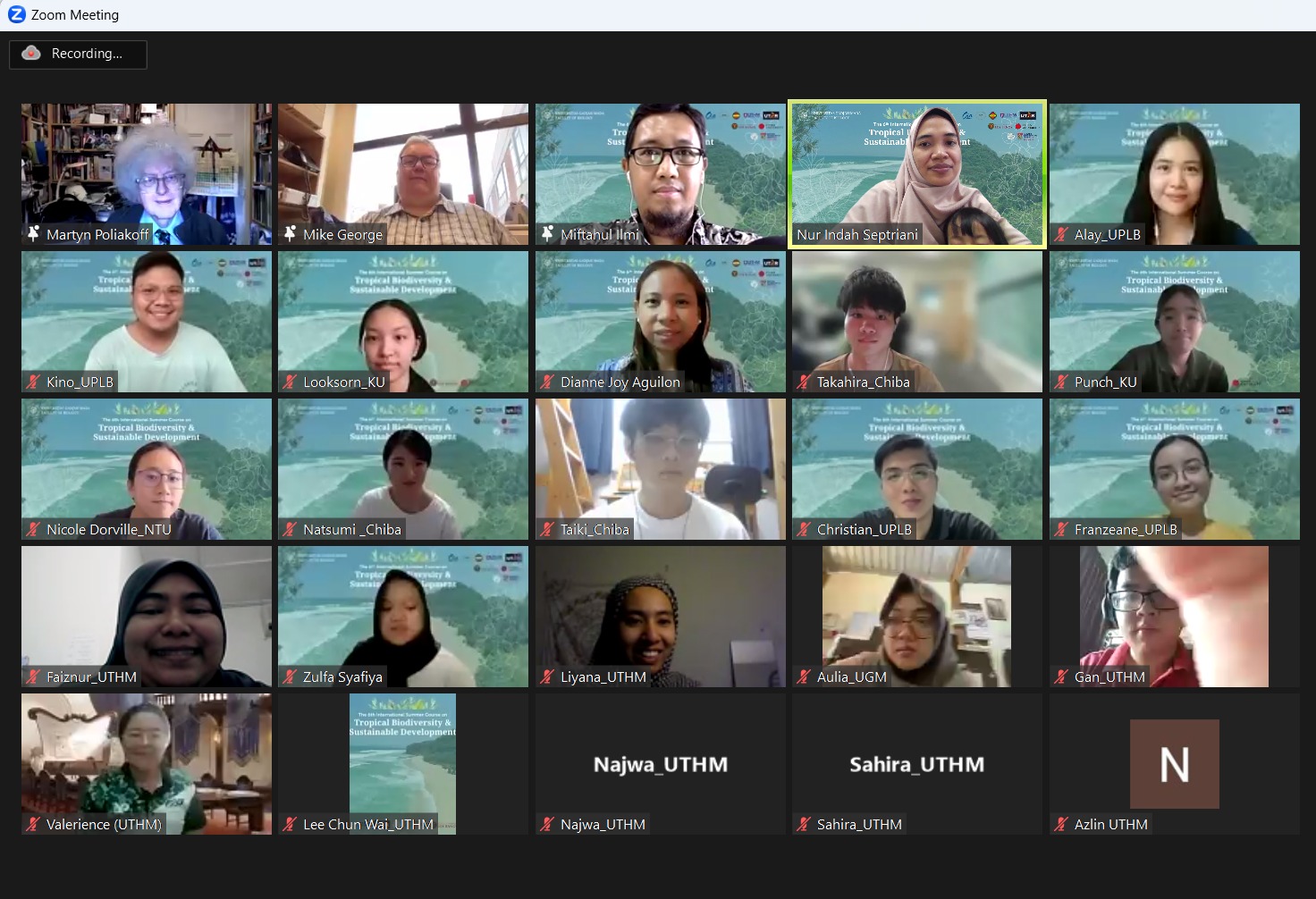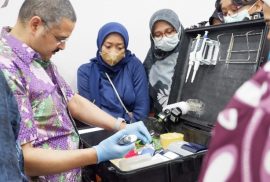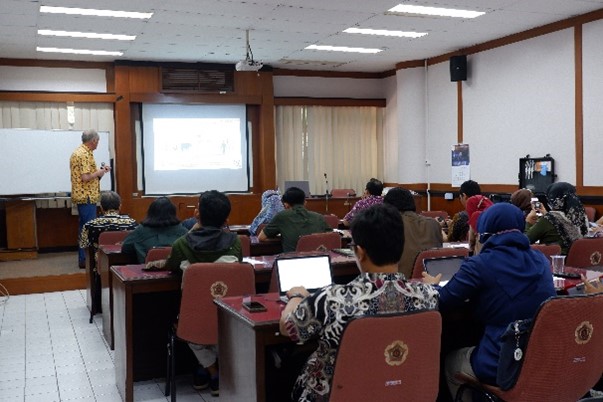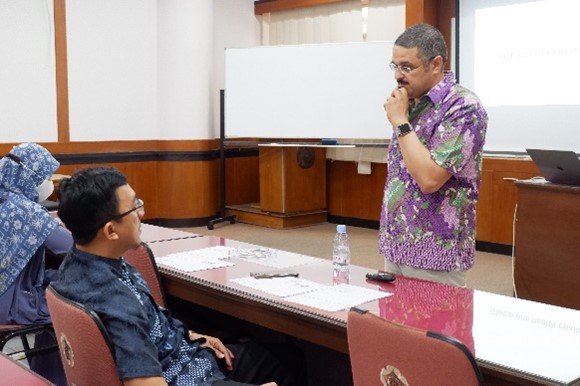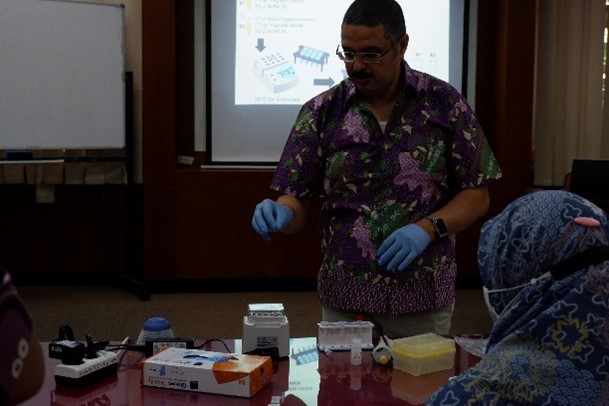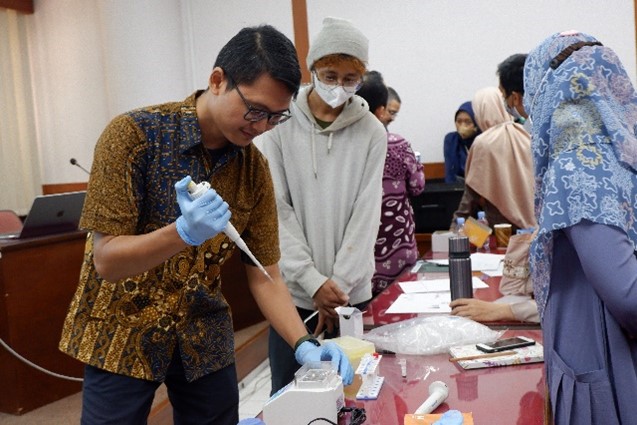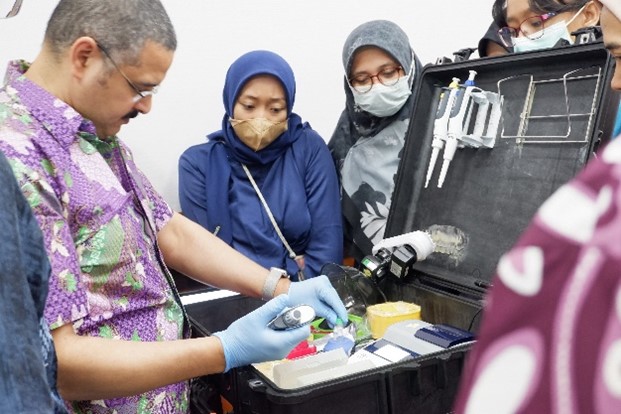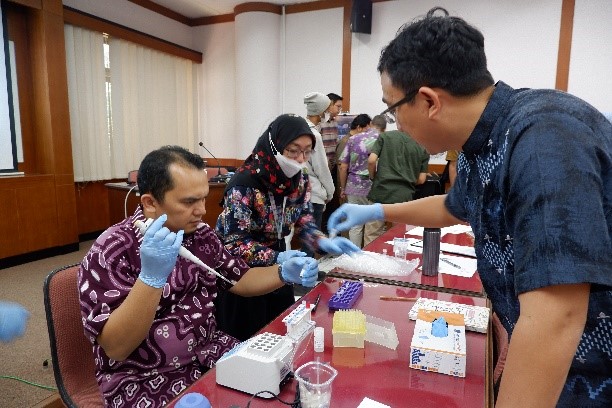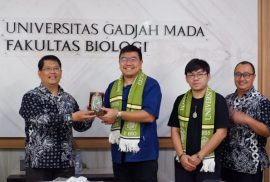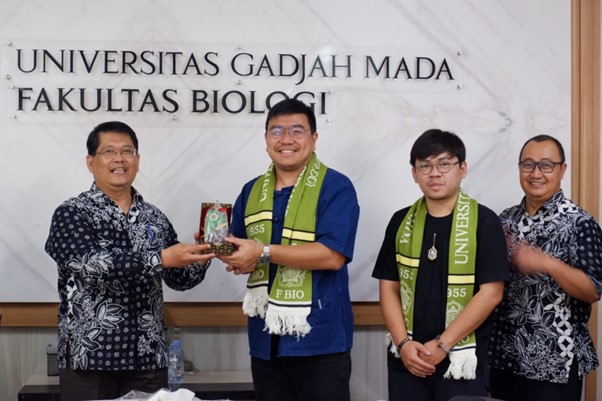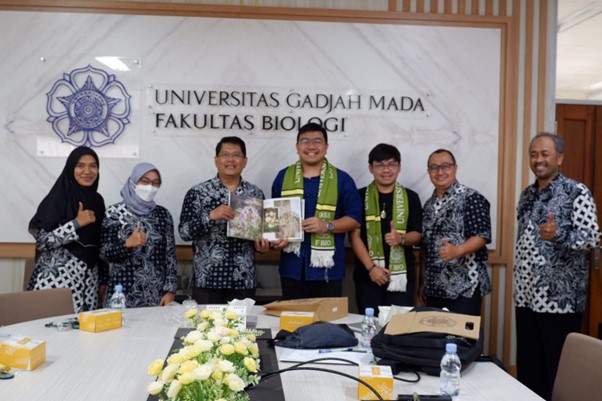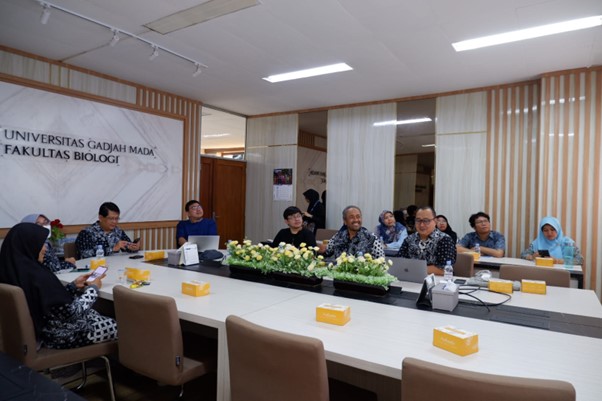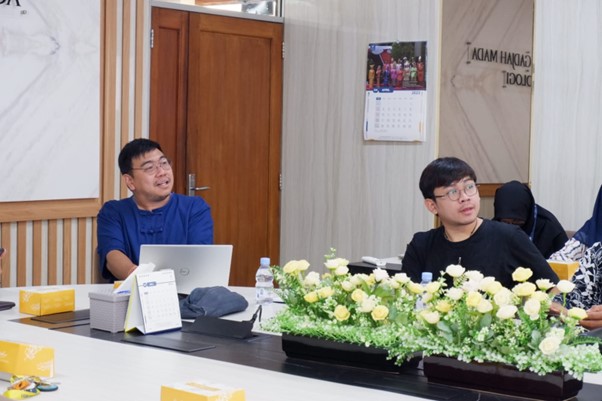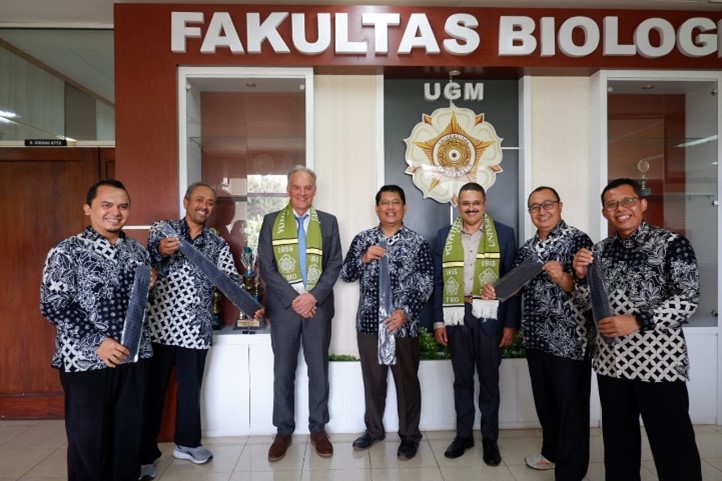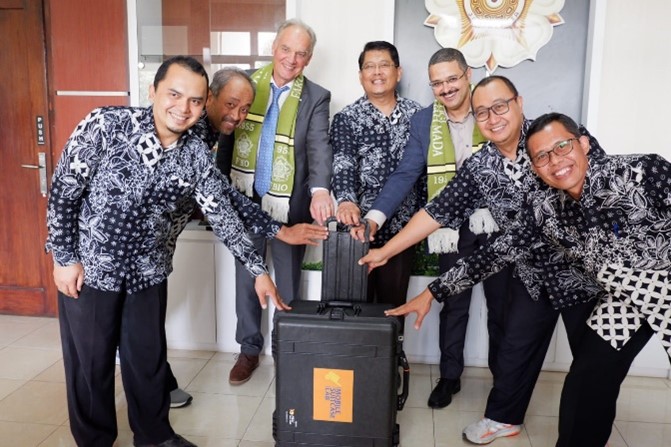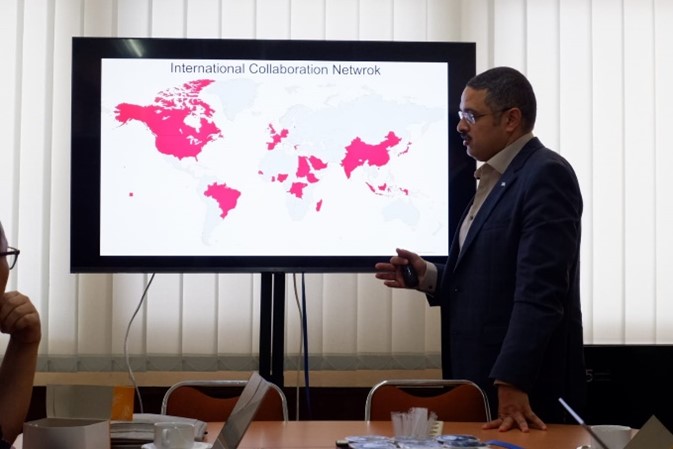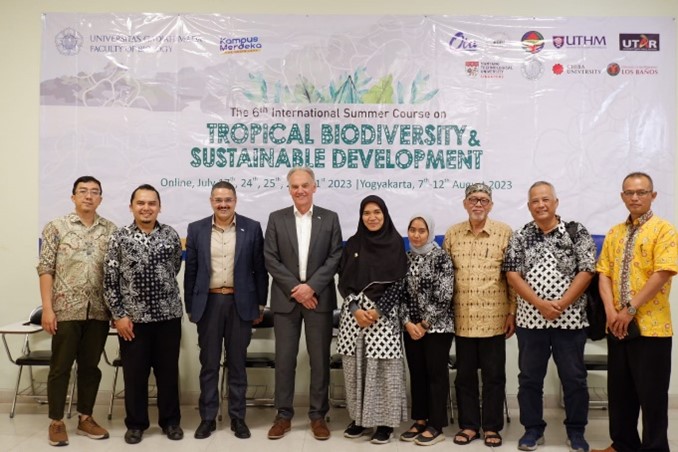On Friday, July 28 2023, the Genetic Engineering Research Center of the National Research and Innovation Agency (BRIN) held a Friday Scientific Sharing Seminar Series 20. During the event, Faculty of Biology had the opportunity to promote the Postgraduate Study Program offered by the Faculty of Biology UGM to the community and researchers BRIN. The event was held through a zoom meeting platform and was attended by Vice Dean for Research, Community Service, Cooperation, and Alumni Affairs, Dr. Eko Agus Suyono, M.App.Sc. and Head of the Doctoral Study Program, Dr. Endah Retnaningrum, M.Eng. from the Faculty of Biology, Head of the BRIN Genetic Engineering Research Center, Dr. Ratih Asmana N.Dr. Ratih, and colleagues and researchers from BRIN.
The event was opened with remarks by the Head of the Research Center for Genetic Engineering BRIN, Dr. Ratih Asmana N. Dr. Ratih said that this seminar was a form of cooperation with the Faculty of Biology in terms of education. Besides that, Dr. Ratih also said that there had been a lot of cooperation in the research sector between BRIN and the Faculty of Biology and it was hoped that this would develop into further collaborations in the future.
Vice Dean for Research, Community Service, Cooperation, and Alumni Affairs, Dr. Eko Agus Suyono, M.App.Sc. presented a presentation on the profile of the Faculty of Biology. He conveyed history, achievements and facilities at the Faculty of Biology UGM. The Faculty of Biology has also obtained international accreditation for the Undergraduate and Masters programs and is targeted to immediately obtain international accreditation for the Doctoral program. Dr. Eko also said that the Faculty of Biology is quite competitive in the international arena and has built cooperation both domestically and abroad to optimize the learning programs held.
The next presentation was given by the Head of the Doctoral Study Program Faculty of Biology, Dr. Endah Retnaningrum, M.Eng. related to the Doctoral Study Program, both regular and by research schemes. Dr. Endah conveyed that the by research scheme is a good opportunity to continue education without being limited to remote locations and can be implemented at each work institution. She then explained the structure of the curriculum used, the distribution of courses for both regular and by research schemes as well as registration requirements.
The presentation about postgraduate study program was welcomed by colleagues from BRIN and it is hoped that it will also be a good opportunity to continue educational and research collaboration between BRIN and the Faculty of Biology.

